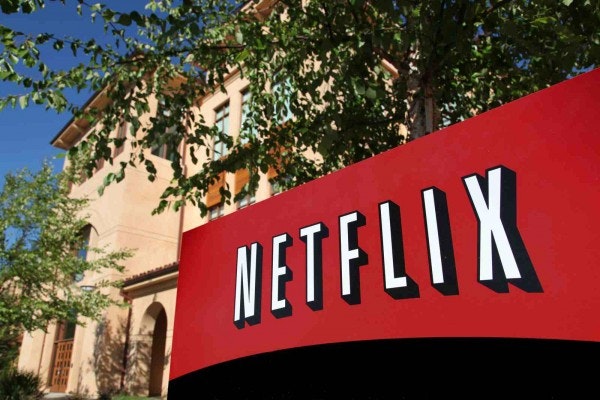After its year-end earnings, the stock price of Internet TV pioneer, Netflix, Inc. (NASDAQ:NFLX) surged more than 80%. There might be a lot of upside left, but at a sky high valuation of more than 625 times earnings, the stock should be reassessed. Netflix, Inc. (NASDAQ:NFLX) has a slate of original shows that will be unveiled throughout 2013, and some of them might perform very well. But the dark sides of an investment in Netflix should be evaluated before jumping on the bandwagon.

1. Faster than expected decline in the DVD business: Netflix has tactfully utilized the contribution profits from its DVD business in the U.S. to fund the losses stemming from its international operations. Due to the heavy investments in the build-out of its international segments, Netflix’s contribution profits in 2012 were the lowest in the last 3 years.
As Netflix, Inc. (NASDAQ:NFLX) generates a majority of its total contribution profits from the DVD segment, an accelerated decline due to secular consumer media consumption patterns can negatively impact the company’s bottom line. Also price increases by the post-office which kicked off in January will further eat away at the contribution profits.
2. Price competition: The probability of a heated price war among existing market players in the Internet video streaming space is unlikely due to the current low prices. However, a small probability of such an event exists.
Netflix’s main rival in global streaming, Amazon.com, Inc. (NASDAQ:AMZN) is reputed for slashing prices rapidly to gain control and incremental market share. It won’t be surprising to see Amazon strip away its video-streaming arm from its Prime Shipping Service, and adopt a price point similar to Netflix, Inc. (NASDAQ:NFLX) to gain a bigger piece of the pie. Amazon’s ability to fund large amounts of content and an installed user-base for its e-Commerce platform makes it a very strong competitor.
3. Content pricing: Netflix licenses substantial amounts of content from movie studios and other companies. The studios are motivated to ask for increased content prices or not renew current contracts, as these studios have other outlets to sell their catalog content. Content price inflation and non-renewal of contracts will impact Netflix in a negative manner.
In addition, the fixed price and long-term nature of these contracts also creates significant amounts of content obligations. Even if the subscriber additions do not live up to expectations, Netflix, Inc. (NASDAQ:NFLX) will have to keep on paying these fixed costs. The company recently took out additional debt to fund its business. In addition, competing services like Amazon are also getting involved in bidding for exclusive and premium content which might push prices higher.
4. Newer and differentiated Services: Coinstar, Inc. (NASDAQ:CSTR) and Verizon Communications Inc. (NYSE:VZ)‘s joint venture of Redbox Instant caters to mostly movies and has a much smaller content library of roughly 4600 titles, but compensates for that short-fall with 4 DVDs redeemable at the thousands of Redbox kiosks scattered across the country. If Redbox ramps up its offerings of TV shows in its service, along with a much a bigger content catalog, it will pose a bigger threat for Netflix’s streaming business. Coinstar, Inc. (NASDAQ:CSTR)’s existing offering of self-service DVD rentals already competes with Netflix’s DVD business.